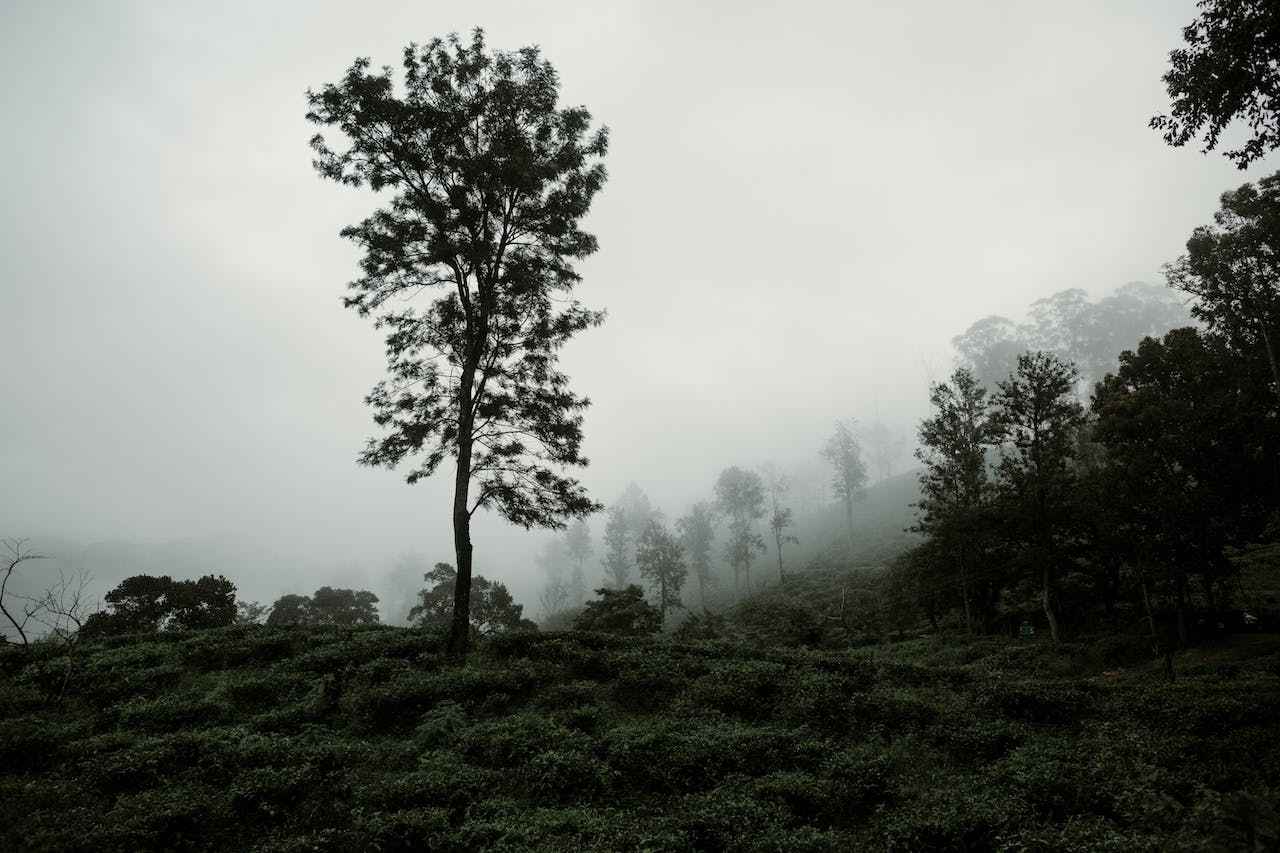Photography has always held a special place in cinematic storytelling, encapsulating emotions, narratives, and moments frozen in time. Films centered around the art of photography have a unique ability to blend visual storytelling with the artistry of capturing life through a lens. This article delves into the enchanting world of movies that celebrate and explore the intricacies of photography as a central theme.
Exploring the Lens Through Captivating Films
“One Hour Photo” (2002)
“One Hour Photo,” directed by Mark Romanek, delves into the haunting world of a photo lab technician, Sy Parrish (played by Robin Williams), whose obsession with a family whose photos he develops leads to unsettling consequences. The film explores the boundaries of obsession, loneliness, and the emotional connection one can develop with the moments captured in photographs. It’s a psychological thriller that delves into the darker aspects of the human psyche intertwined with the visual artistry of photography.
“City of God” (2002)
In Fernando Meirelles and Kátia Lund’s “City of God,” photography becomes a compelling tool used by a character named Rocket. He documents life in the favelas of Rio de Janeiro, capturing the raw essence of the city’s violence, poverty, and humanity. The film beautifully showcases the power of images to tell stories, evoke emotions, and provide glimpses into the lived experiences of marginalized communities.
“Rear Window” (1954)
Alfred Hitchcock’s “Rear Window” is a classic thriller that revolves around a photographer, confined to his apartment due to a broken leg, who begins to spy on his neighbors through his camera lens. As he observes what he believes to be a murder, the film crafts a suspenseful narrative centered on voyeurism and the intricacies of perception through photography. “Rear Window” masterfully uses the camera as a storytelling device, blurring the lines between observer and observed.
“The Bang Bang Club” (2010)
“The Bang Bang Club,” directed by Steven Silver, portrays the lives of four photojournalists during the final days of apartheid in South Africa. Based on true events, the film delves into the risks and moral dilemmas faced by these photographers as they document the violent struggle for freedom. It showcases the bravery and ethical quandaries involved in capturing moments that shape history while balancing the responsibilities towards their subjects and the world.
Exploring the Lens: Movies That Frame Photography as a Narrative Focus
“The Secret Life of Walter Mitty” (2013)
“The Secret Life of Walter Mitty,” directed by and starring Ben Stiller, follows the journey of a daydreamer who escapes his mundane life through vivid fantasies. As a photo editor at Life magazine, Walter Mitty’s adventure begins when he embarks on a global quest to find a missing negative for the final print issue of the magazine. This visually stunning film not only showcases breathtaking landscapes but also highlights the transformative power of photography in capturing life’s adventures and moments of self-discovery.
“Blow-Up” (1966)
Michelangelo Antonioni’s “Blow-Up” remains a classic in the realm of movies centered around photography. Set in swinging 1960s London, the film follows a fashion photographer who inadvertently captures what might be a murder on film. The narrative revolves around the protagonist’s attempt to decipher the truth from the blurred lines of his photographs. Through its exploration of perception, reality, and the ambiguity of images, “Blow-Up” stands as a thought-provoking examination of the photographer’s gaze and the subjective nature of truth in photography.
 The Lens Unveiled: Depicting the Artistry and Challenges of Photography
The Lens Unveiled: Depicting the Artistry and Challenges of Photography
“Finding Vivian Maier” (2013)
“Finding Vivian Maier” is a documentary that unravels the mysterious life of Vivian Maier, an enigmatic nanny who secretly captured some of the most compelling street photographs of the 20th century. The film delves into the discovery of Maier’s vast archive of photographs, shedding light on her incredible talent, reclusive life, and the complexities of recognition in the world of photography. It serves as a tribute to the unassuming yet remarkable artists who, often unknown in their lifetimes, leave behind profound artistic legacies.
“Pecker” (1998)
John Waters’ “Pecker” offers a satirical take on the world of art and photography. The film follows a young amateur photographer, Pecker, whose candid snapshots of his eccentric family and Baltimore neighborhood catapult him into the art world’s limelight. Through Pecker’s lens, the film humorously critiques the commodification of art and the fine line between fame and exploitation in the realm of photography.
Movies about photography serve as captivating portals into the art form, exploring its power to capture moments, shape perceptions, and reflect the intricacies of human existence. From cinematic adventures that showcase the transformative nature of photography to documentaries that unearth the lives of hidden photographic talents, these films celebrate the artistry, challenges, and mysteries behind the lens.
Through the diverse narratives and visual aesthetics portrayed in these films, audiences gain a deeper appreciation for the nuances of photography as both an art and a medium of storytelling. Whether examining the truth within images, unraveling the lives of photographers, or satirizing the art world’s conventions, these movies illuminate the multifaceted nature of photography and its enduring impact on our lives and perceptions.
In essence, movies about photography not only entertain but also inspire viewers to see the world through a different lens, encouraging an appreciation for the beauty and complexity inherent in every captured moment.
